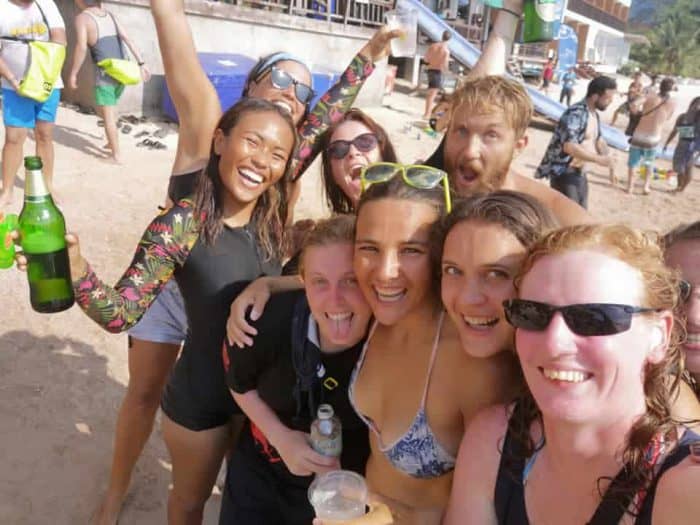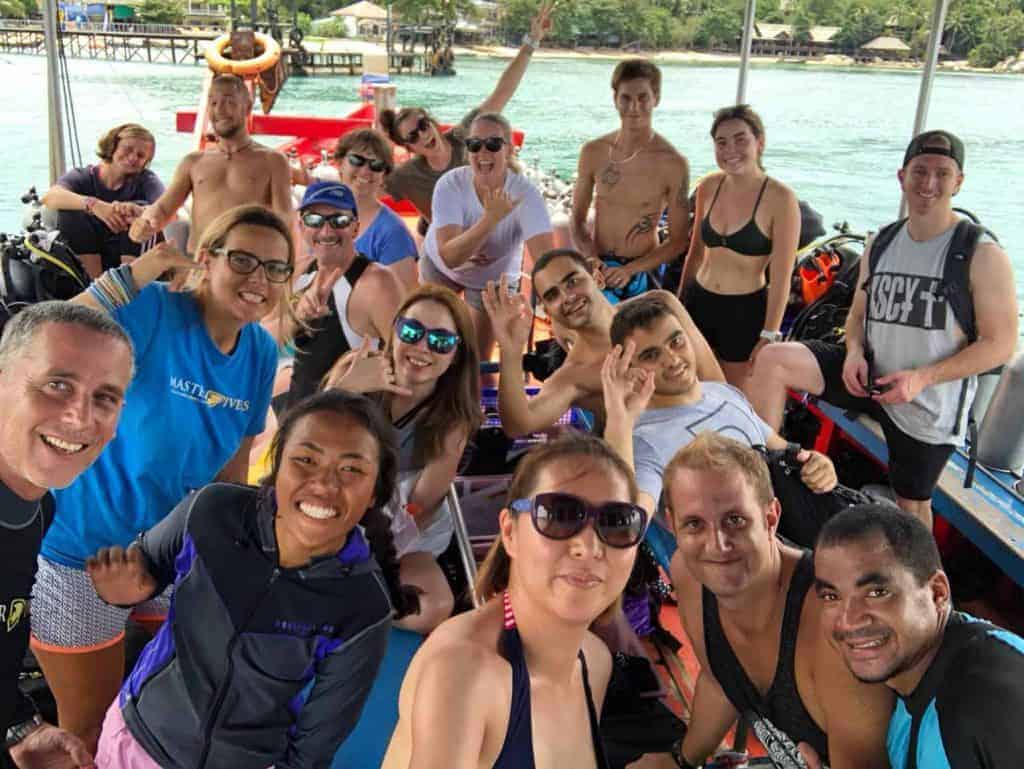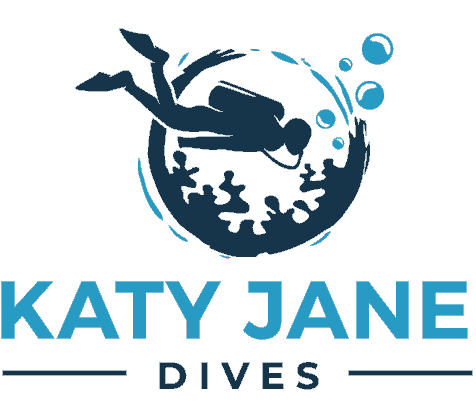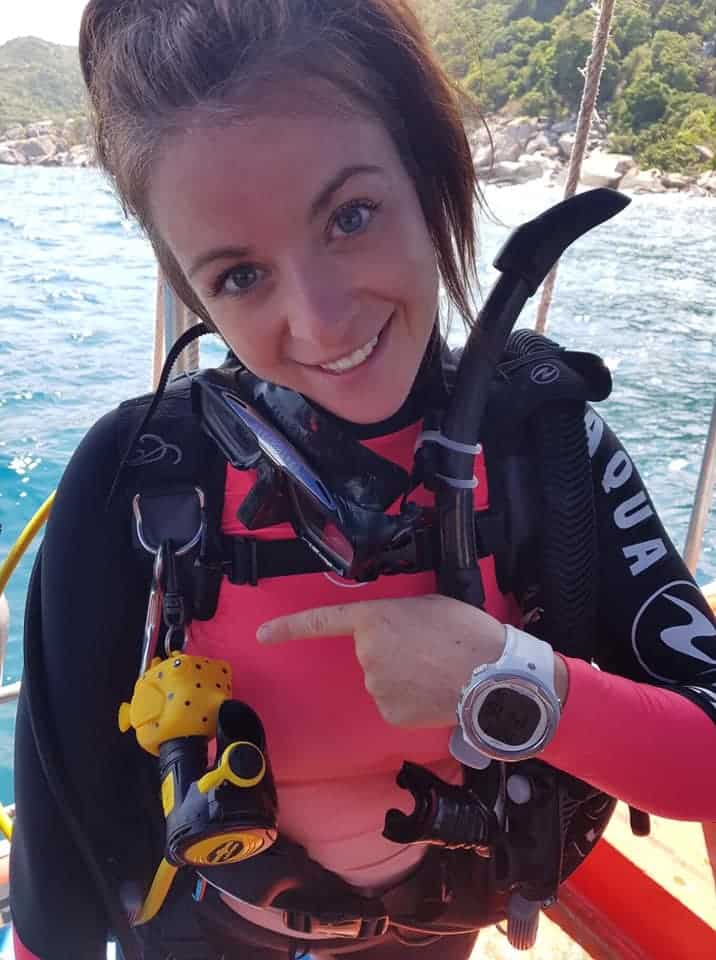When you’re on holiday, it’s understandable that you may want to have a few drinks – many people enjoy drinking a cold beer before going for a quick swim or paddle! However, when it comes to scuba diving, you really do need to understand how alcohol consumption can present some very big hazards.
After all, scuba diving already carries a few serious risks that you’ll need to be aware of – whether you are a complete novice, or if you have been scuba diving for some time – these risks exist for everyone.
We learn about these risks throughout our training journey, from the very start of your Open Water Diver through to more technical dive courses.
What counts is how you choose to manage these risks.
Consuming alcohol before you dive is only going to see an increase in risk of injury and the encountering even more hazards. You could put yourself not only at risk of diving accidents, but the effects of alcohol on your system while diving could seriously damage your health for the long term.
Of course – I don’t want to spoil your perfect scuba vacation! But trust me when I say that drunk diving is really not a sensible thing for you and your dive buddy to do. Keep reading and I’ll explain why!
Table of Contents
Why Shouldn't You Mix Drinking and Diving?
It’s reasonable to expect that a lot of people, scuba divers included, may choose to drink alcohol while on holiday or vacation. And if you visit any of the popular scuba diving destinations, such as those on the Thai islands like Koh Tao, there is a big party and drinking culture. However, drinking and diving brings on a few additional risks that you will certainly do best to avoid.
Alcohol increases the risk of accidents no matter what you do – and there are a few reasons why alcohol intoxication and diving are never going to mix well for your own safety – and others around you on your diving vacation.
Effects of Alcohol on Your Body
Below, I’ll go into a little bit of detail into how alcohol consumption affects your body during diving. For now, however, let’s examine your physical health under the influence of alcohol.
Ultimately, alcohol can dehydrate you – which is why it’s always important to drink plenty of water alongside your choice of alcohol on a night out and you’re diving the next day. Whenever you’re out diving, make sure that you have plenty of fresh water to drink.
Stay hydrated! Ensuring you are hydrated can also help reduce the chance of suffering with sea sickness, especially if you had a few cocktails the night before. If you suffer from sea sickness and want to know how best to manage it, take a read of my how to prevent seasickness when diving blog.
Excessive alcohol consumption can, of course, also lead to behavioural changes. Alcohol can help to make you feel less inhibited and less likely to pay attention to what you are doing. Your blood flow increases, and your judgement starts to decrease. Now imagine how easy it would be to accidentally ignore your no decompression limit, thus putting yourself at risk of decompression sickness (DCS).
It’s also extremely important to remember that your central nervous system is always going to feel the effects of alcohol, regardless of whether or not you have healthy blood pressure or feel absolutely fine. The golden rule and best case scenario is to not only avoid excessive intake of alcohol the night before a dive, but to avoid drinking it full stop.
Absorbed Nitrogen Increase

Although past studies have sometimes been a bit uncertain, it is sensible to believe that alcohol consumption could increase your risk of experiencing harmful nitrogen bubbles within your tissues, and from there, decompression sickness. That’s because of a perfect storm of increased peripheral blood flow, potential dehydration, and nitrogen absorption.
Your blood viscosity, too, is likely to increase which makes your blood thicker, and furthermore increasing your chance of DCS.
In fact, studies have actually shown that even nitrogen narcosis can become more likely at shallower than 30m if you dive after you consume alcohol.
Nitrogen narcosis is something that we all learn about, and many experience. The key is to recognise when one is feeling the effects of nitrogen narcosis, so that you can signal to your buddy and safely ascend a few metres. Now factor in being under the influence of alcohol. Could you be certain that you would recognise that moment and act appropriately? I very much doubt it, and that could lead into a downward spiral.
Excess nitrogen bubbles can be deadly – which is why drinking and diving can be extremely hazardous, especially when you factor in the loss of inhibitions and increased risk of decompression sickness, too. Dive professionals everywhere will tell you that it’s a perfect storm.
Cold Susceptibility
Your blood flow is always going to increase, and your blood vessels expand, when you drink more alcohol. In brief, this means that your body is likely to get extremely cold extremely quickly – more so when you are diving, even after one drink. As you can imagine, combining the two could have severe consequences for you, in the shape of hypothermia – expanding vessels are never a good thing, and if your blood is diverting away from your body core to account for such expansion, you’re going to experience heat loss. Try not to combine the two!
Even when scuba diving in the tropics with a rash guard or thermals, your blood alcohol concentration and susceptibility to cold will change – even if you think you can balance a little alcohol consumption with scuba diving, don’t be so quick to assume your body will just ‘warm up’ as you go. Your body actually starts to lose the ability to shiver the more alcohol you drink – combine that with the temperature of the water you are diving in, and you’re at an increased risk of feeling more than a little chilly. Let’s not forget that loosing your body heat also increases your risk of decompression sickness.
Impaired Judgement
As mentioned, on top of increased blood flow and blood vessels expanding, your critical nervous system and judgement levels are always likely to be significantly impaired. Consider how careful you need to be when you’re diving deep or in a new area. Do you really want to risk losing capability or judgement and pushing your limits as a result of alcohol’s effects? You would be putting yourself and other divers at risk and this is extremely irresponsible and dangerous.
There’s also a significant risk to your own safety – consider your no-decompression limits, for example. Are you necessarily going to pay attention to them if alcohol is overpowering your ability to think properly? Common sense applies beforehand – and unfortunately, one of the adverse effects of drinking alcohol is that your reaction time stutters, and your common sense is left at the door.
It’s not just alcohol that can impact how you feel underwater. Your diet also has a huge role to play and it’s important to know what food and drinks to consumer before a dive. Head on over and find out more about what to eat before a scuba dive so that you can feel your best whilst underwater!
How Much Alcohol Is Too Much For Diving?

There are more than a few myths about scuba diving and alcohol that really need putting straight. There’s no truth to the idea that you should wait at least several hours to dive after drinking – alcohol leaves your bloodstream slowly.
As for the answer to this question – this really depends on your own profile – your age, your gender, your weight, your health – but ultimately, the few studies that have been done show that you can experience a significant risk of impaired judgment after one or two standard cans of beer. Couple that with the likelihood that an increased peripheral blood flow could also increase your nitrogen absorption that your dive computer or tables will not account for – you’re playing a very dangerous game, whatever state of health you believe yourself to be in.
So – if those ice cold beers are really appealing to you – then it’s unlikely you should think about diving until the next day. Even if you wait up to eight hours after drinking, there is still a risk that you’ll have too much alcohol in your body to warrant being able to safely dive.
Again, know your own limits. Even if you are far past the legal drinking age and are an experienced diver, alcohol leaves you wide open to all kinds of problems – and health risks, too, if you choose to go scuba diving on the back of a bottle or two.
Can You Drink Alcohol After Diving?
We’ve considered drunk diving – or, at least, drinking before diving – but what about post dive drinking? Surely it’s safe to enjoy a few drinks after you’ve come out of the water, right?
Not necessarily. Just as you should wait several hours to dive after drinking (ideally longer than overnight), you shouldn’t start drinking until at least five or six hours after your dive. It’s all to do with nitrogen retention – you will still have a high concentration of absorbed nitrogen in your body – and to eliminate nitrogen, you need to give it time to dissipate.
A analysis completed by Divers Alert Network (DAN) found that one third of divers with DCS consumed alcohol within 12 hours of diving.
Post dive alcohol consumption is never truly safe until the nitrogen is completely out of your system – you still need to give your blood vessels time to recover.
What’s really interesting about drinking alcohol after diving is that you may not be able to sleep well – and that you may still find yourself significantly dehydrated, and hardly in a position to dive safely the day after. It could also become hard to tell the difference between exhaustion/hangover symptoms or something more serious. Generally, you should give alcohol at least eight hours to fully work its way in and out of your body.
Is Drinking and Diving Ever a Good Idea?
No – the bottom line is, even experienced divers know to keep alcohol well away from the dive no matter when they plan to enter the water. Just as it’s never a good idea to go diving on an empty stomach, the same rule applies to diving and snorkelling – your body’s ability to adjust to alcohol is going to impact severely on its ability to dive. Mixing the two simply isn’t wise!
Avoid diving until alcohol is completely out of your system – even if you stopped drinking the previous night before a dive – and that goes for adult males, women, and younger divers. Heat loss, the increased risk of decompression sickness, and the lack of judgement in between – none of it is ever worth the risk.
Other Recommended Article
- Can you scuba dive with glasses
- Can you scuba dive with high blood pressure
- Can you scuba dive while pregnant
- Can you scuba dive with a beard or moustache
- Can non swimmers do scuba diving
- Can you scuba dive after flying (what’s the risks?)
- Can you scuba dive with Asthma
- Can you scuba dive with epilepsy?

